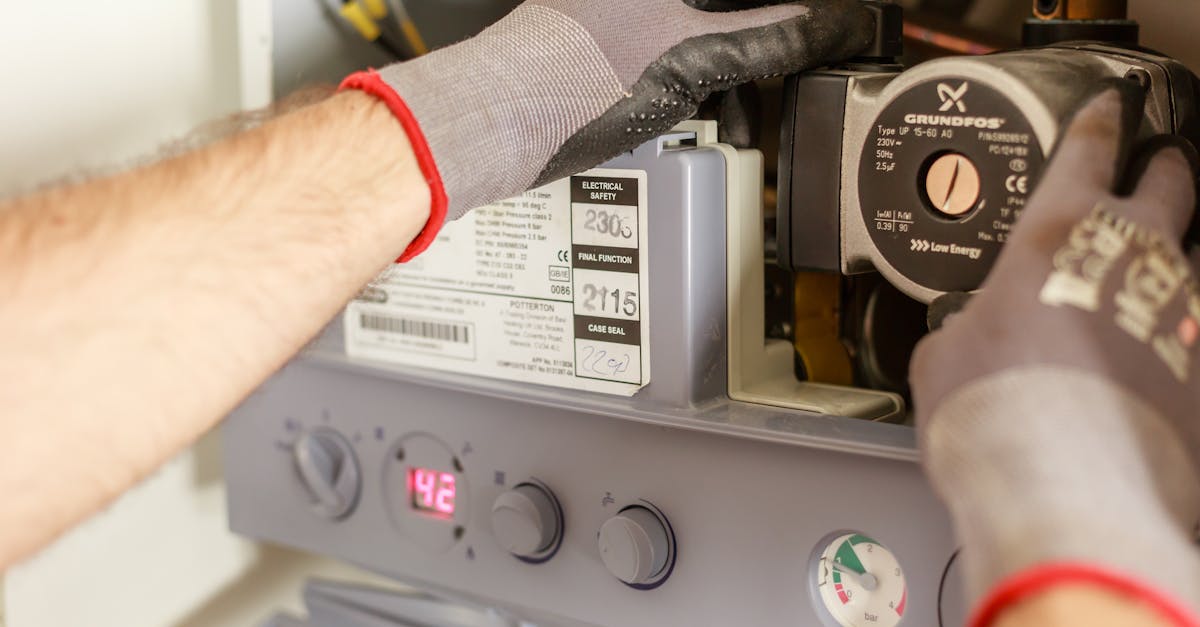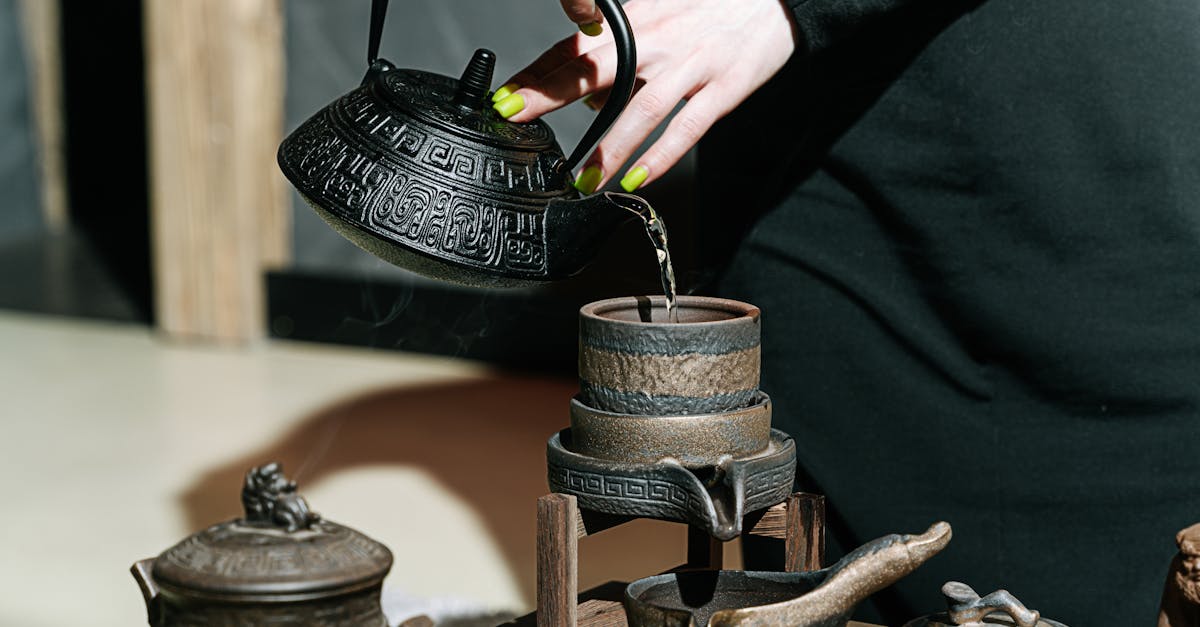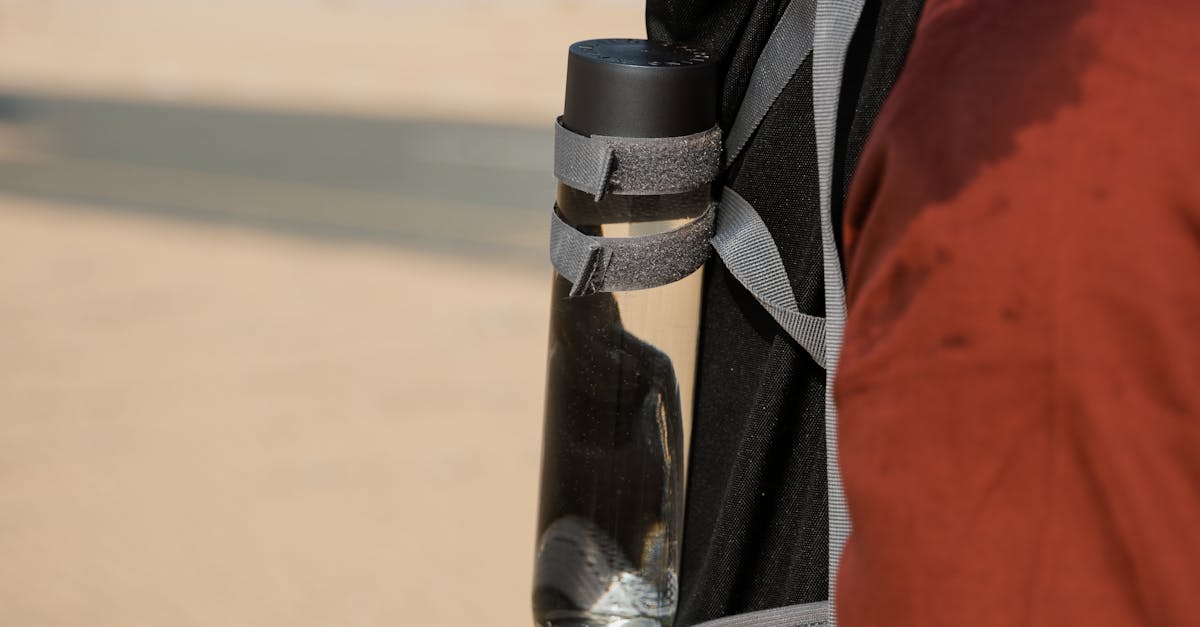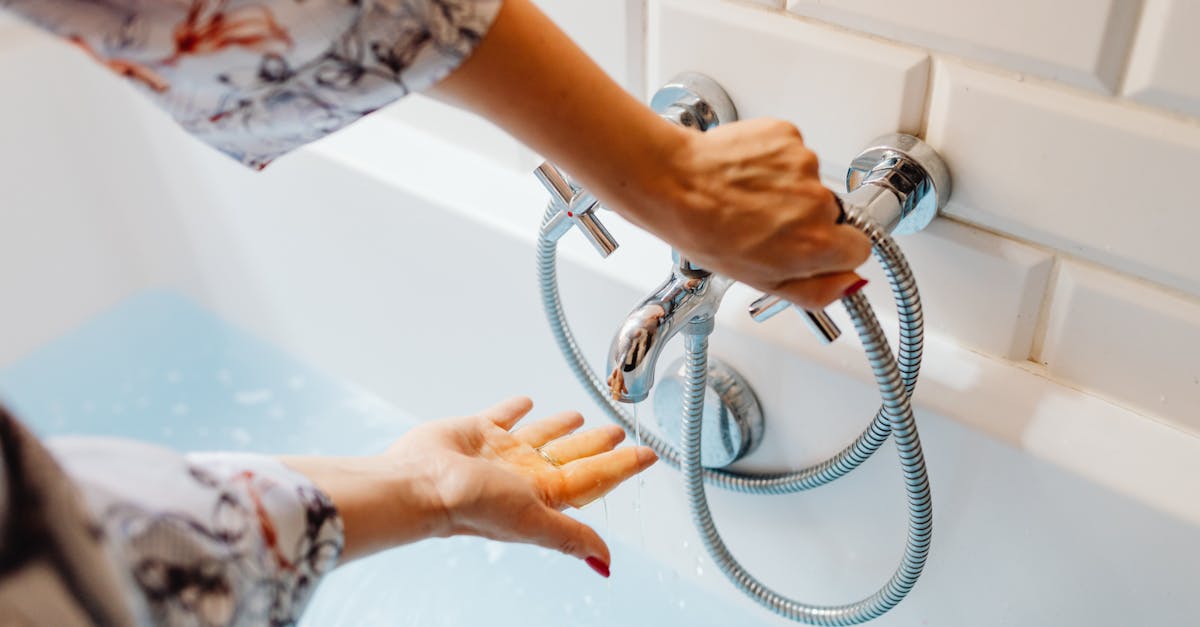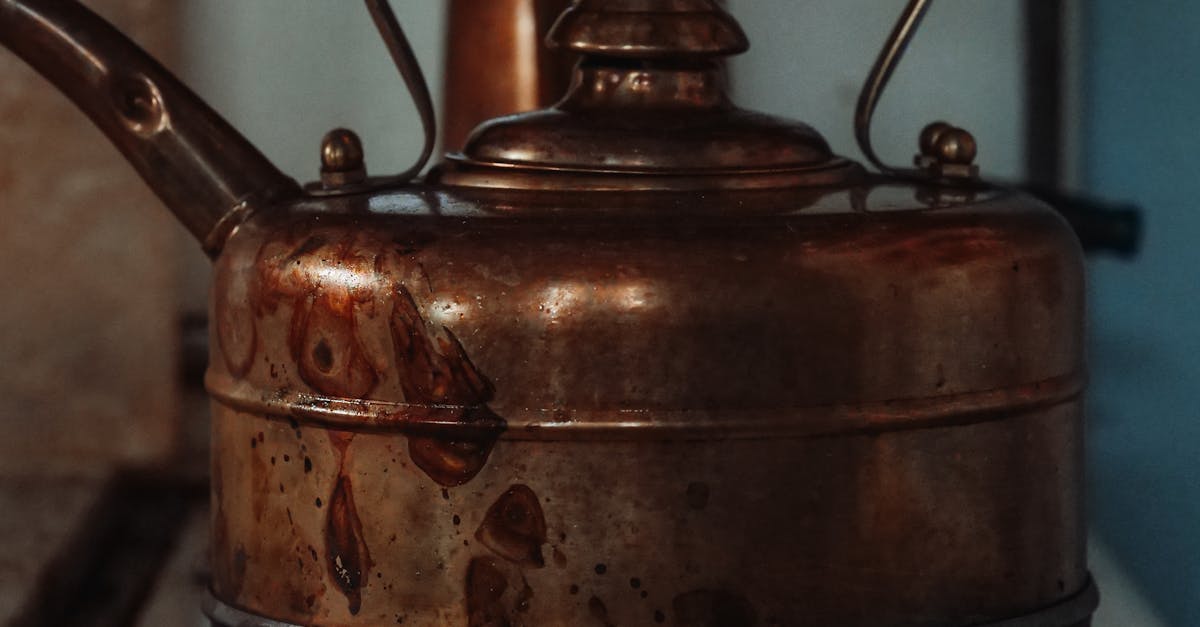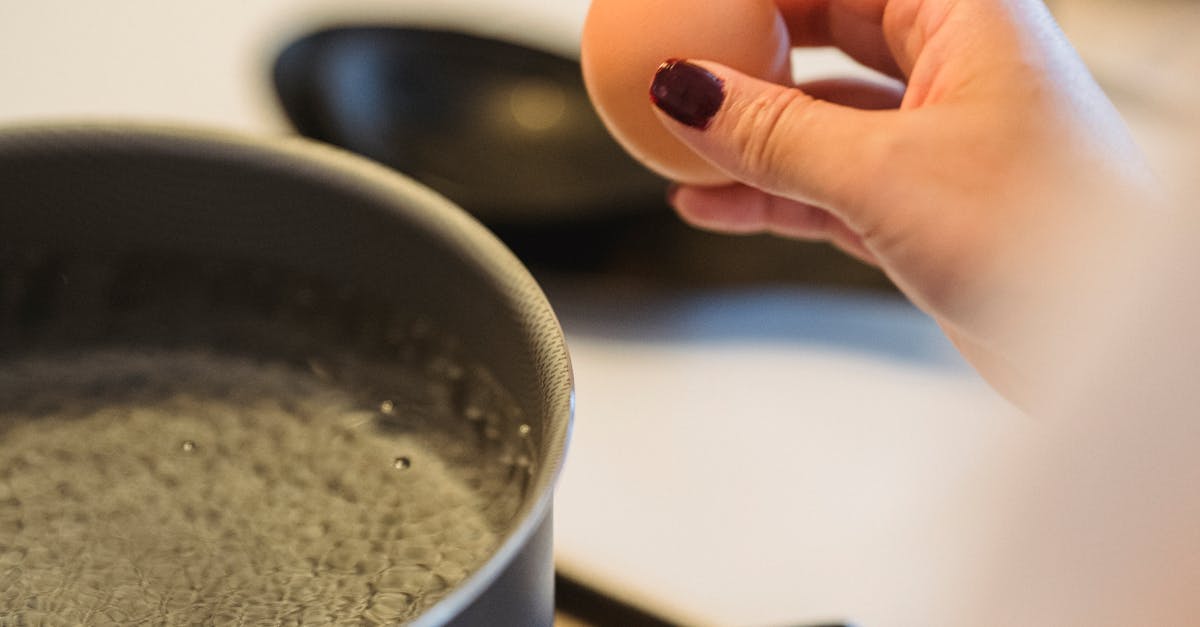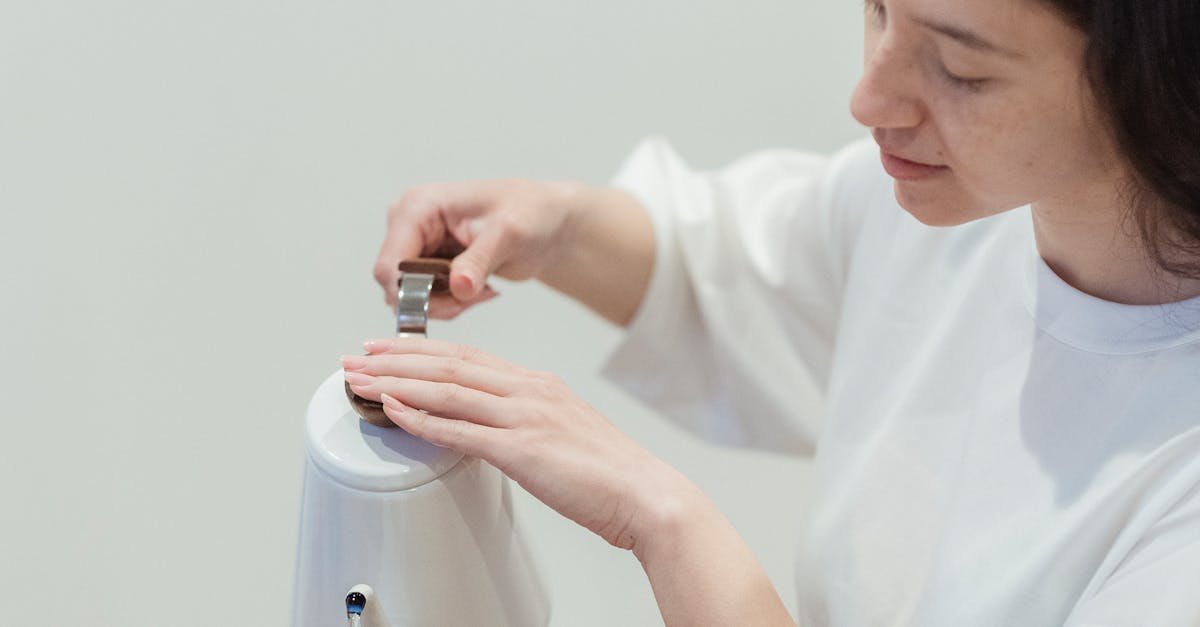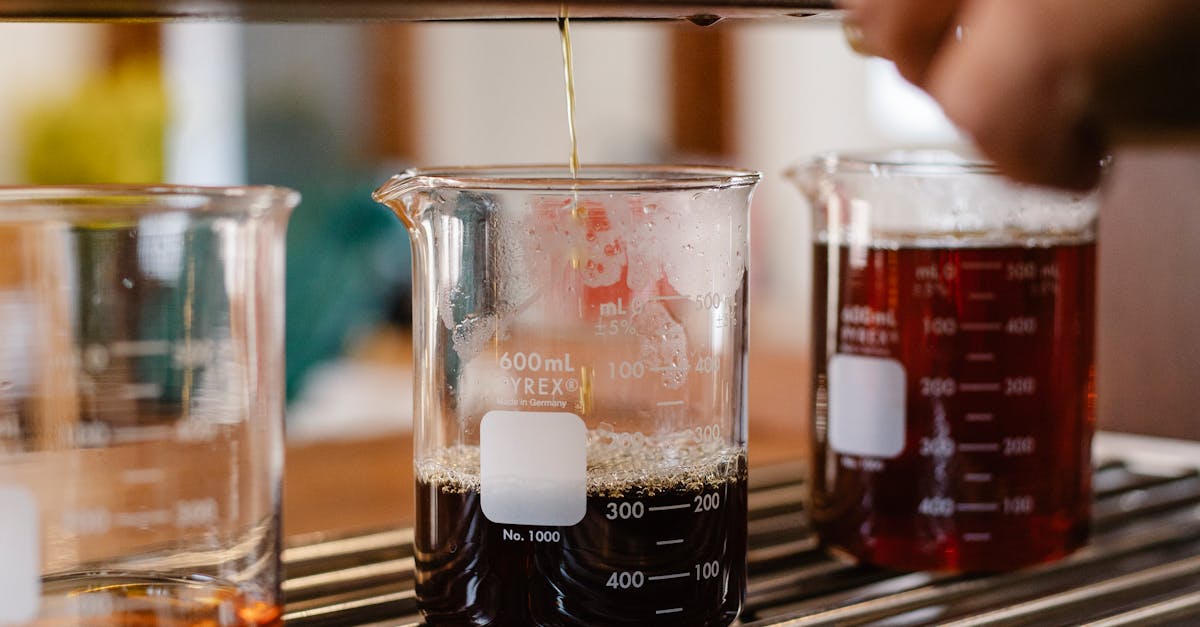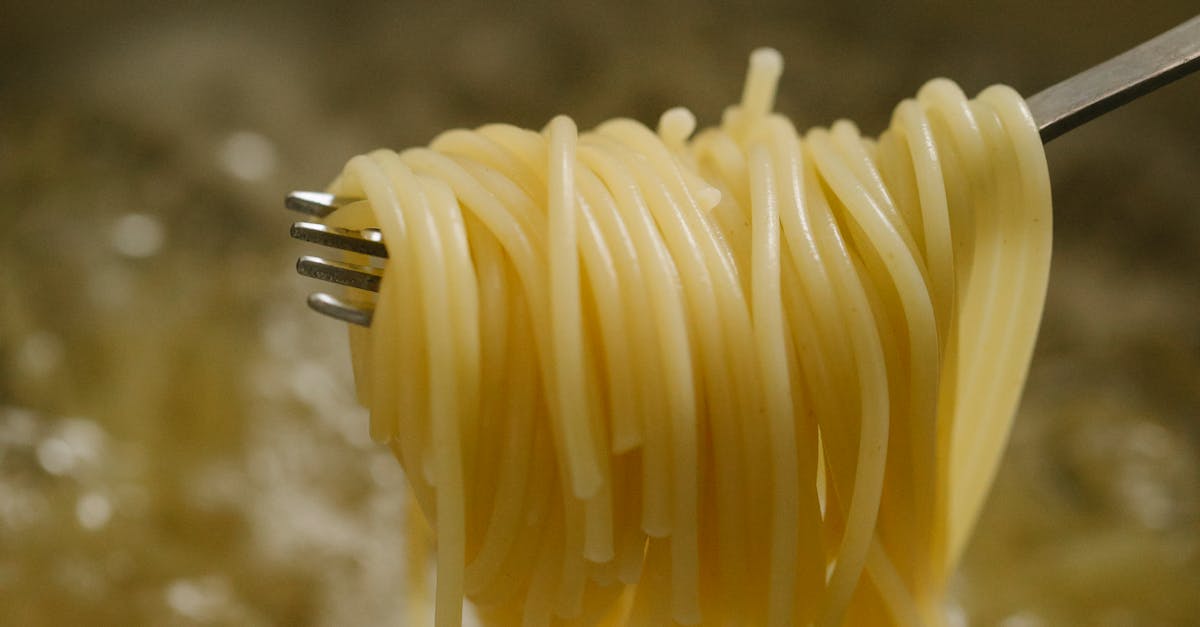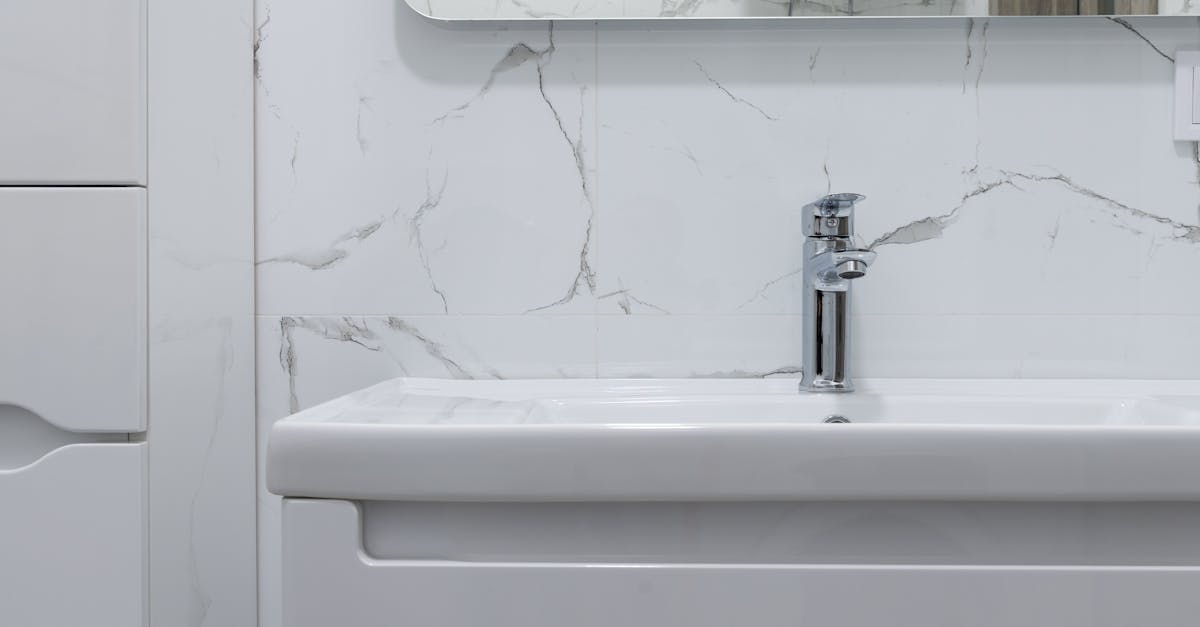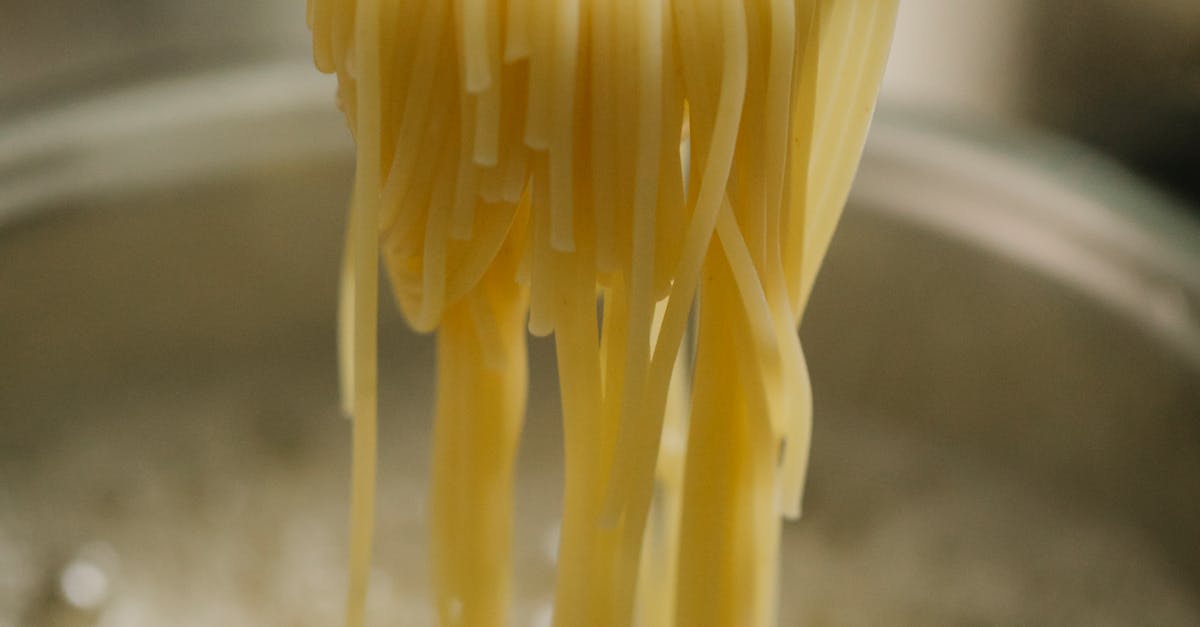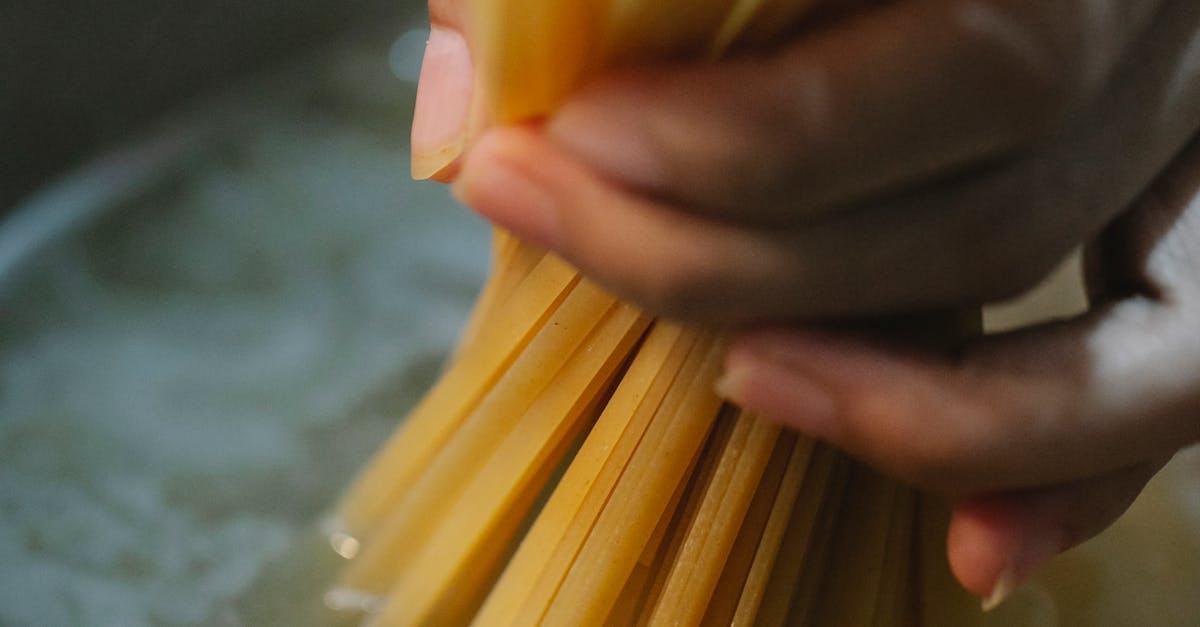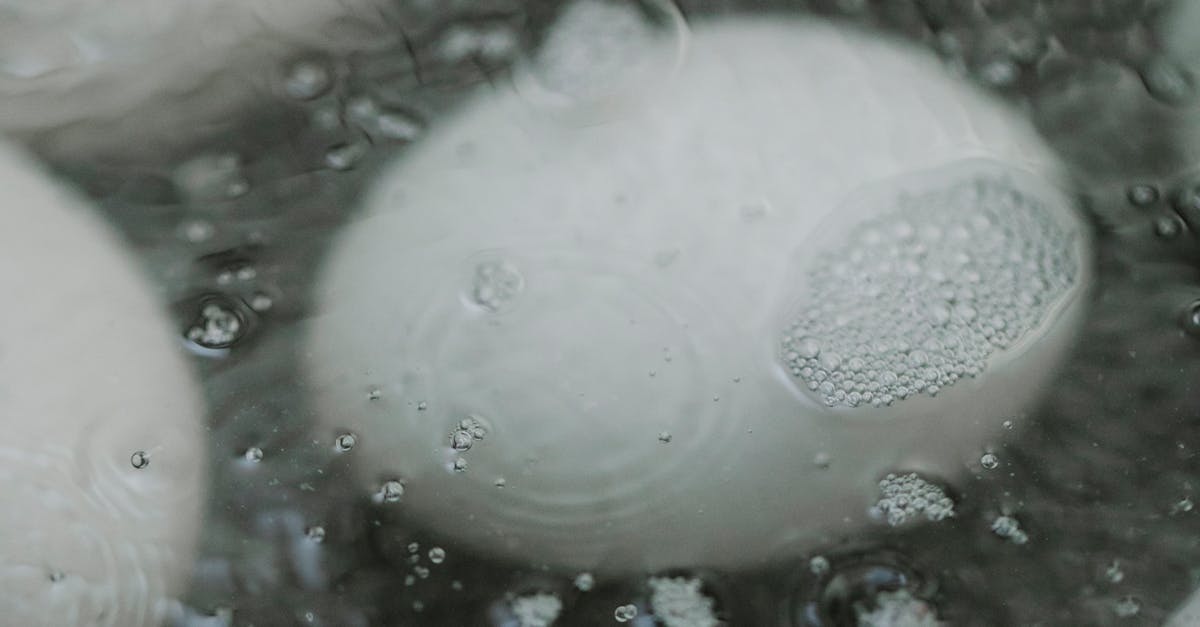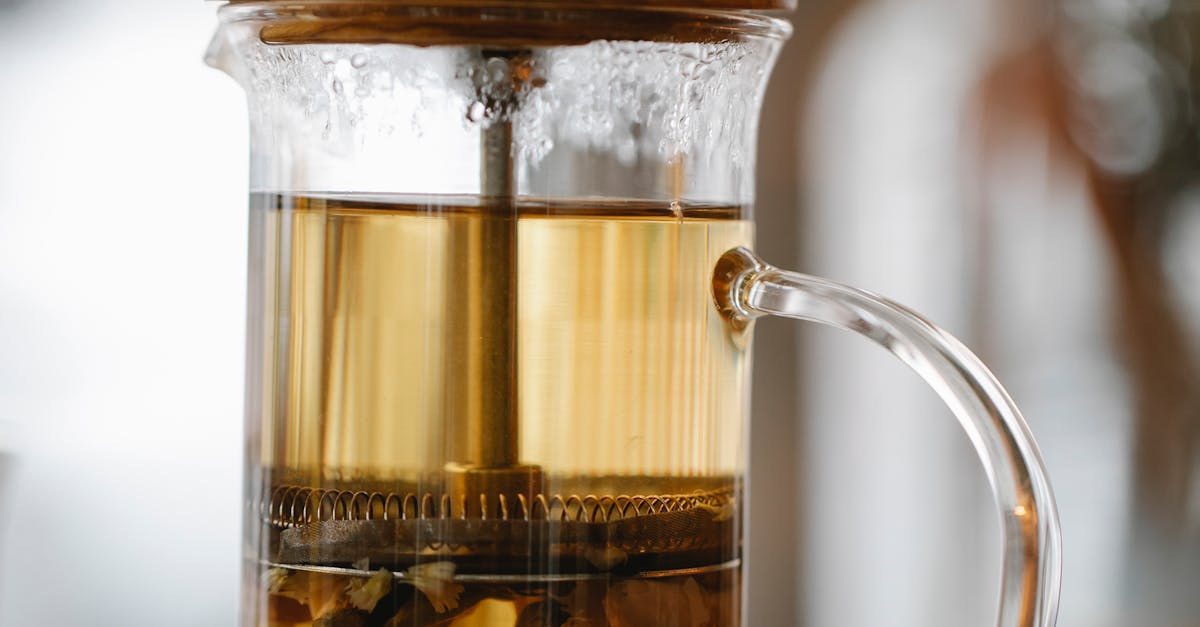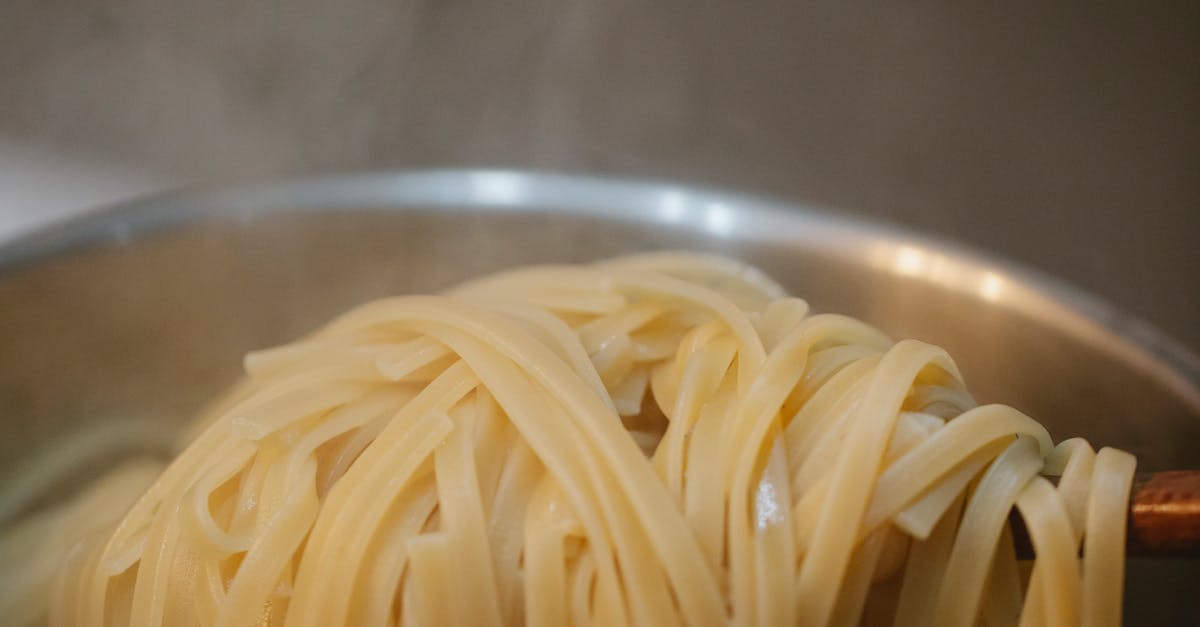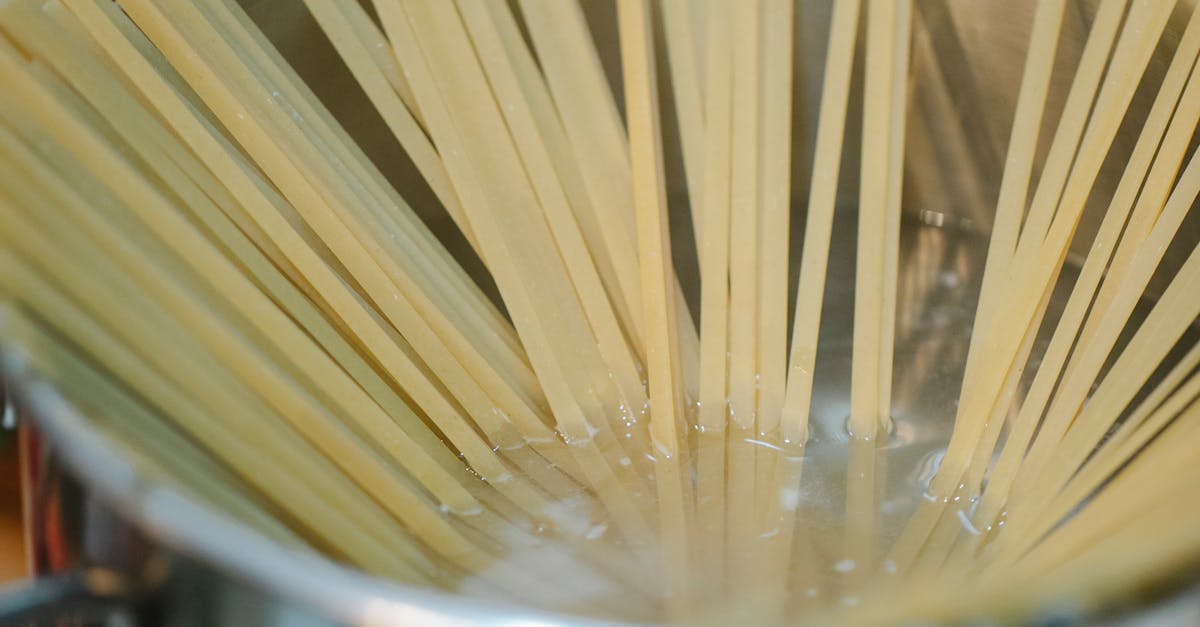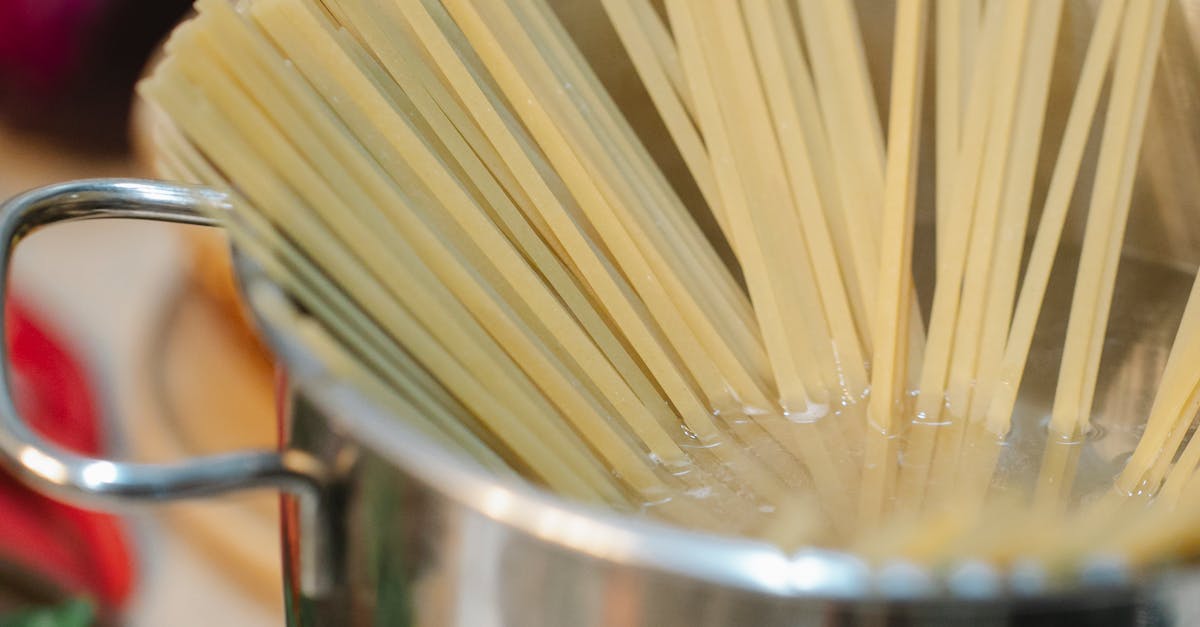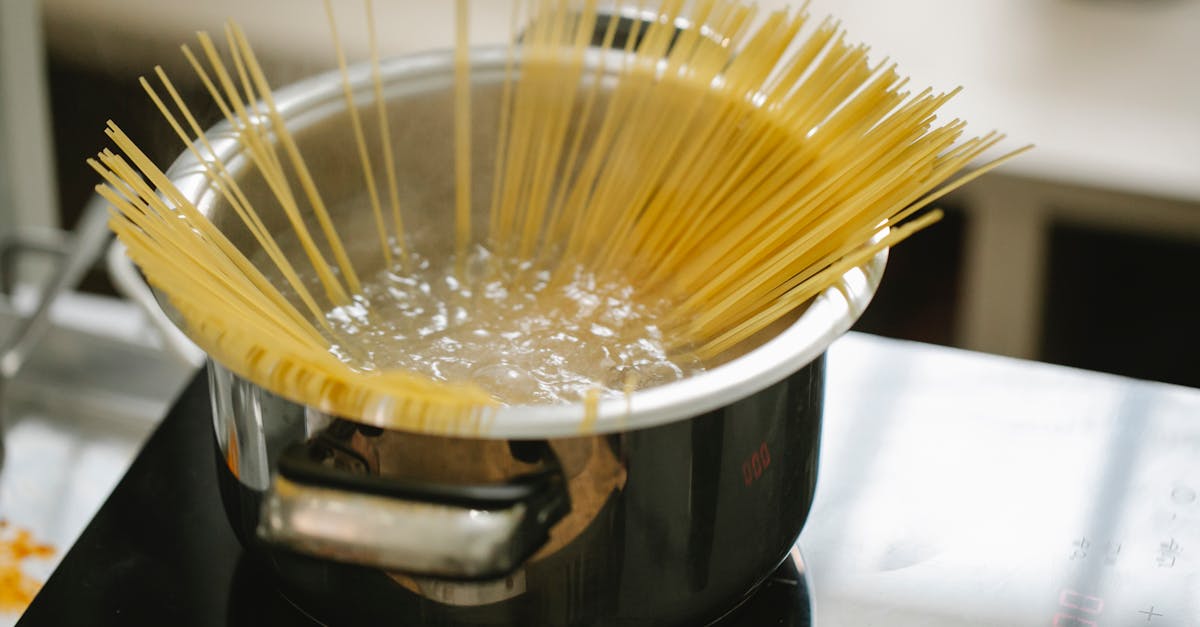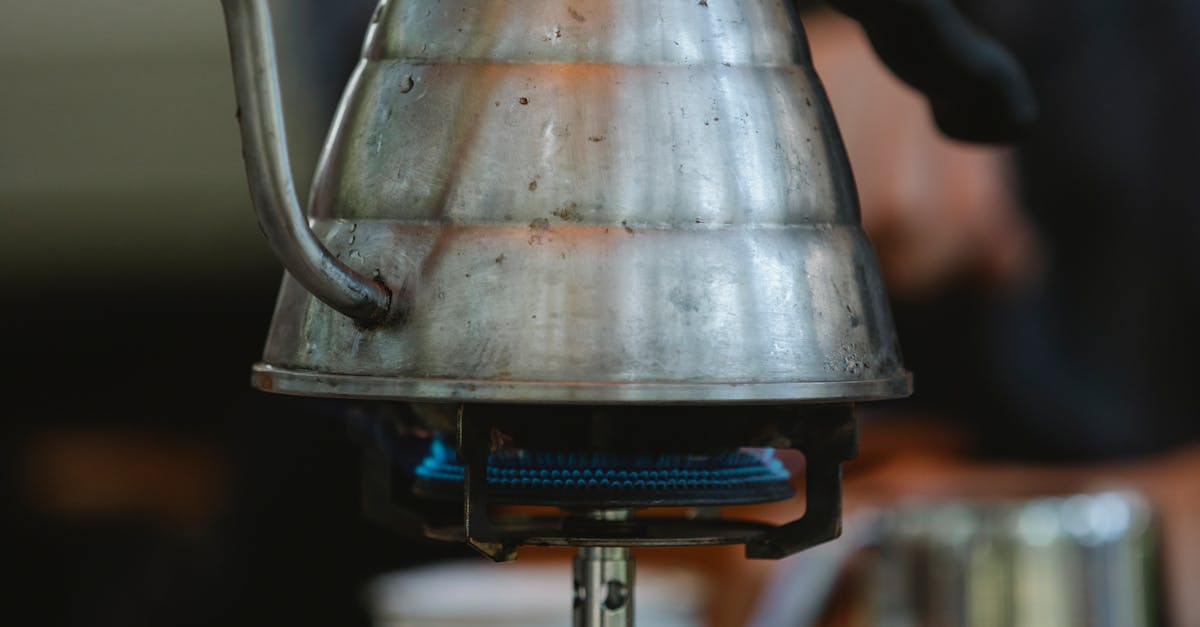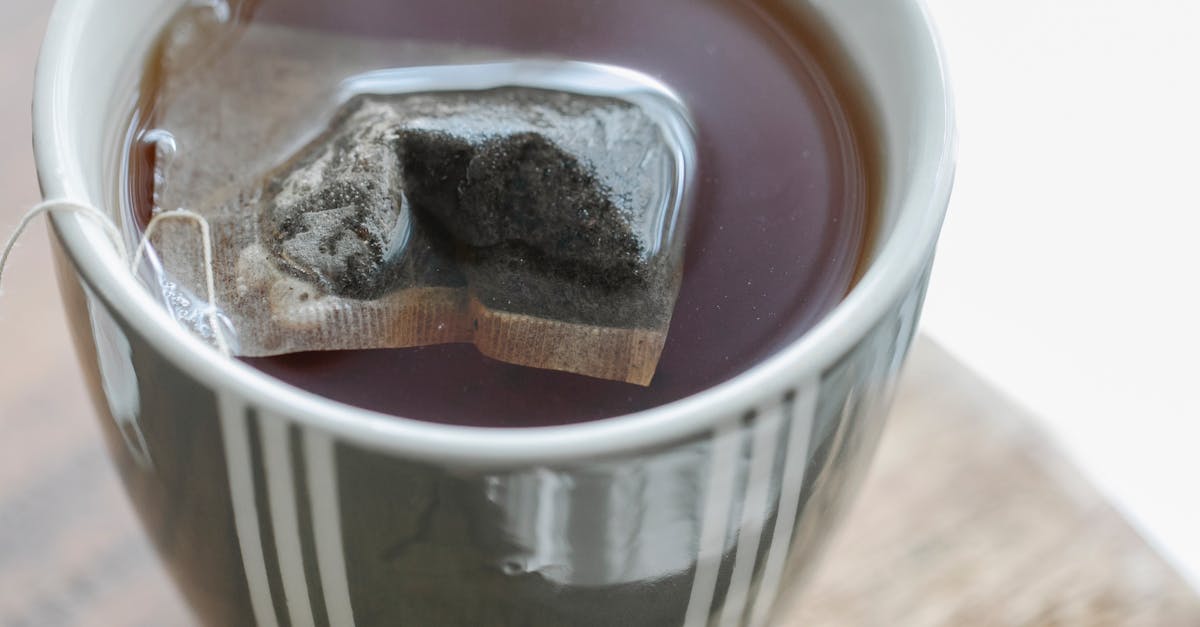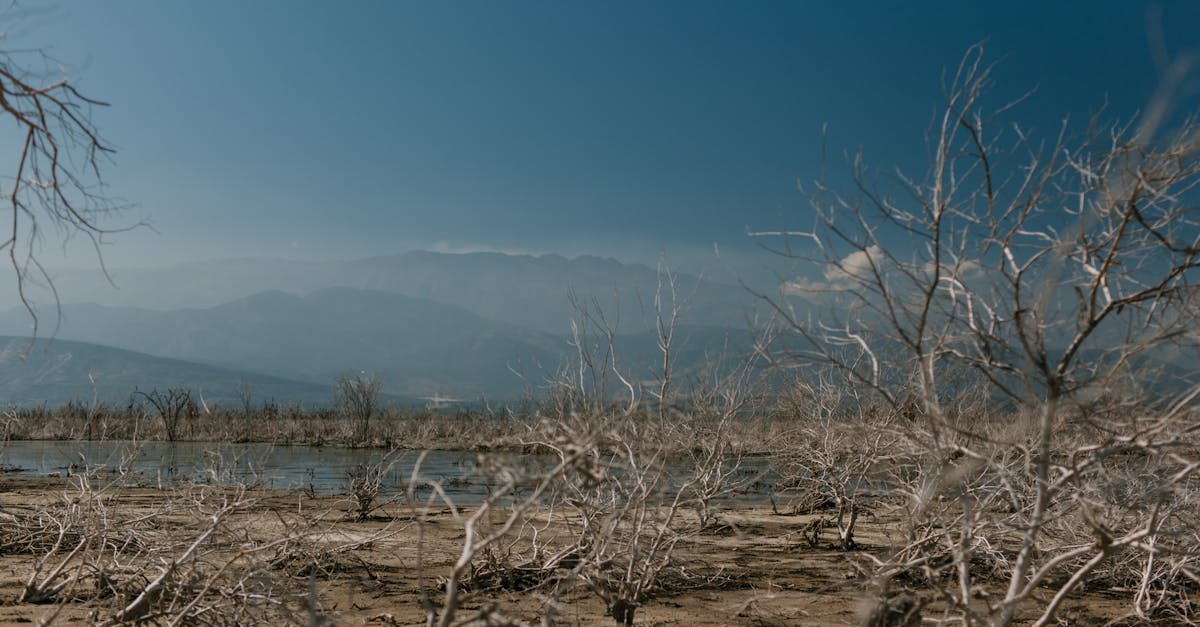
Table Of Contents
Identifying Signs of Sediment BuildUp
Sediment build-up in a water heater can lead to decreased efficiency and increased wear. One of the first signs to look out for is a fluctuation in water temperature. If you notice that water isn’t as hot as it used to be, it might indicate an accumulation of minerals. Additionally, unusual noises such as popping or rumbling can signal that sediment is affecting the heater's performance.
Cloudy or discoloured water may also hint at sediment issues. This discoloration often results from rust or mineral particles. If you identify these symptoms, it’s wise to consult a hot water plumber for an assessment. Regular inspections can help catch these problems early and maintain the longevity of your water heater.
Recognising When to Flush
Flushing your water heater is essential for maintaining its efficiency and longevity. Recognising the right time to undertake this task can help prevent potential issues. If you notice a decrease in hot water supply or hear unusual noises, such as rumbling or popping, sediment build-up may be the culprit. These signs often signal the need for a flush to remove accumulated minerals and debris that can impair your unit’s performance.
Another indicator that it’s time to flush your system is the presence of discoloured or foul-smelling water. These conditions suggest that sediment has accumulated, affecting both the quality and safety of your hot water. Should you be uncertain about whether to proceed, consulting a hot water plumber can provide clarity. They can assess your unit and guide you on the appropriate maintenance to ensure optimal operation.
Common Mistakes to Avoid
Flushing your water heater might seem straightforward, but there are several common mistakes that can lead to complications. One of the biggest errors is failing to turn off the power or gas supply before starting the process. This oversight can be dangerous and may damage your heater. Additionally, neglecting to attach a hose securely to the drainage valve can result in a chaotic mess, spilling water onto the floor and increasing the risk of slips and falls.
Another mistake often made is not allowing sufficient time for the tank to fully drain before closing everything up. Rushing this step may leave residual sediment behind, undermining the purpose of the flush. If you're unsure about any part of the process, it’s wise to consult a hot water plumber. They can provide valuable advice or handle the flushing for you, ensuring that everything is done safely and correctly.
Preventing Damage During the Process
Before beginning the flushing process, it's essential to ensure that the area around your water heater is clear and free from any obstructions. This prevents any potential hazards and allows for a safer workspace. Check the valves and connections for wear and tear, as damaged components can lead to leaks or other issues during flushing. Using a towel or bucket to catch any dripping water will help manage spills and protect your flooring.
Additionally, always check the temperature setting on your water heater. Setting it too high may result in scalding water when draining. If you feel uncertain about the process, consulting a hot water plumber can provide peace of mind. They can offer expert advice or assist with the flushing to ensure it is done correctly and safely, mitigating the risk of damaging your system.
Alternatives to DIY Flushing
For those who may feel uncomfortable with the process of flushing a water heater, there are several reliable alternatives available. Hiring a hot water plumber can simplify the task significantly. These professionals have the right tools and expertise to address sediment build-up effectively, ensuring that the heater operates efficiently without any risk of damage. They also possess insights into the specific needs of various water heater models, which can provide an added layer of security.
Another alternative is to invest in a maintenance plan that includes regular flushing and inspection of the water heater system. Many plumbing companies offer such plans, which can take the hassle out of remembering service intervals and addressing issues before they escalate. This proactive approach, combined with the expertise of a hot water plumber, can lead to a more reliable hot water supply and longer lifespan for the unit.
When to Call a Professional
If you're unsure about the flushing process or uncomfortable with handling plumbing tasks, it’s wise to consult a hot water plumber. They possess the expertise to identify underlying issues that may not be apparent to the average homeowner. Attempting to flush the unit without the proper knowledge can lead to complications, including potential damage to the water heater or the surrounding plumbing system.
Additionally, if you encounter any unusual sounds or leaks during your attempt to flush the heater, it's best to stop immediately and seek professional assistance. A hot water plumber can diagnose and resolve problems efficiently, ensuring your system operates optimally. Relying on a trained expert can save you time and prevent costly repairs down the line.
FAQS
What are the benefits of flushing my water heater?
Flushing your water heater can help remove sediment build-up, improve efficiency, extend the lifespan of the unit, and ensure better water quality.
How often should I flush my water heater?
It is generally recommended to flush your water heater at least once a year, but this may vary depending on the hardness of your water and the level of sediment build-up.
What tools do I need to flush my water heater?
To flush your water heater, you typically need a garden hose, a bucket, a screwdriver or adjustable wrench (for the drain valve), and safety goggles to protect your eyes.
Can flushing my water heater cause any damage?
If done incorrectly, flushing can potentially damage your water heater. It’s important to follow proper procedures and avoid common mistakes, such as using excessive pressure or neglecting to turn off power and water supply first.
When should I consider calling a professional instead of flushing my water heater myself?
If you are unsure about the process, lack the necessary tools, have a complex system, or notice any signs of leaks or other issues, it's best to call a professional plumber to handle the flushing for you.
